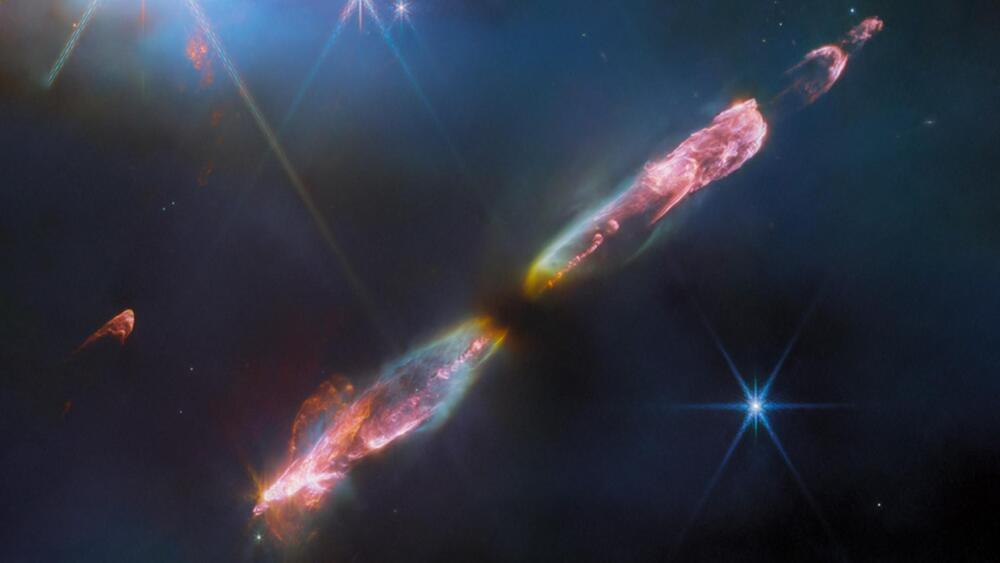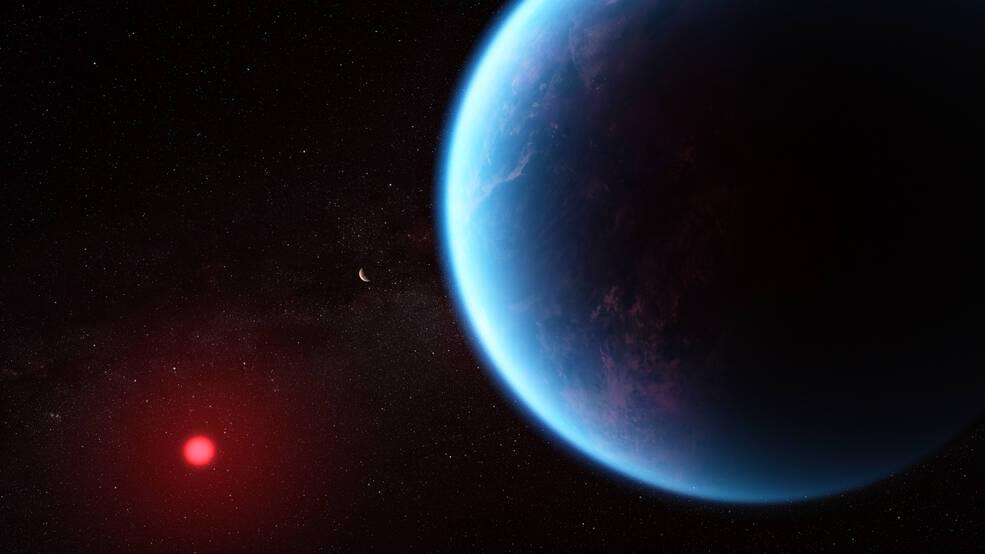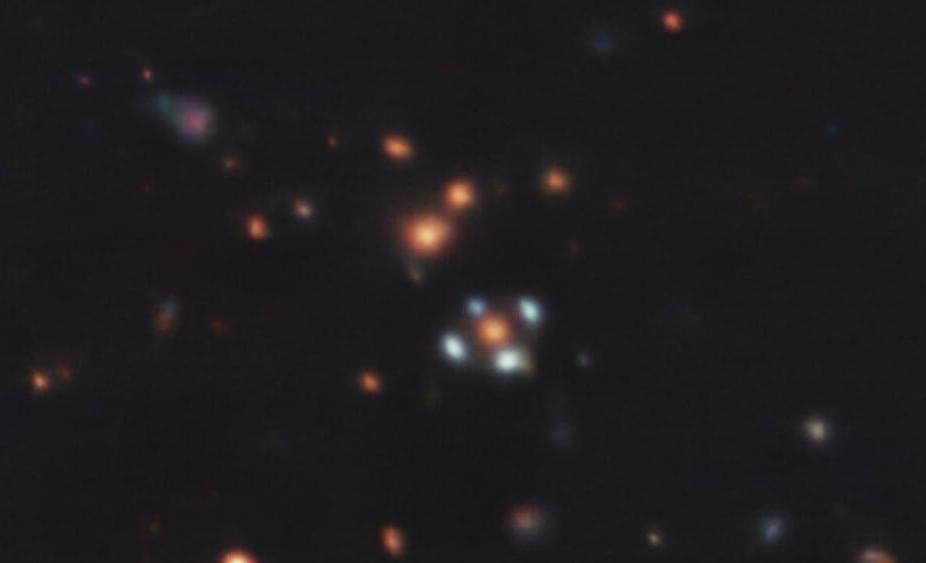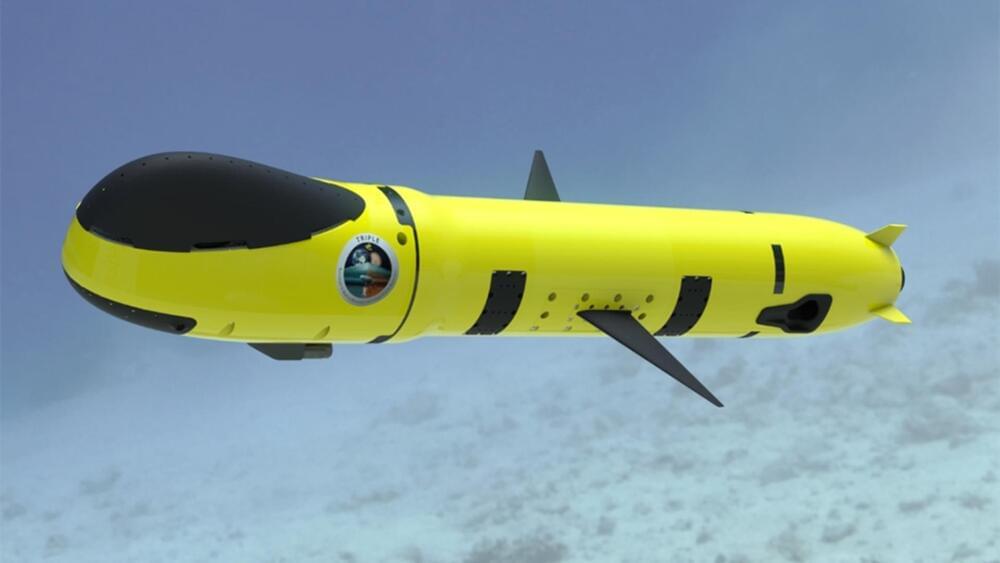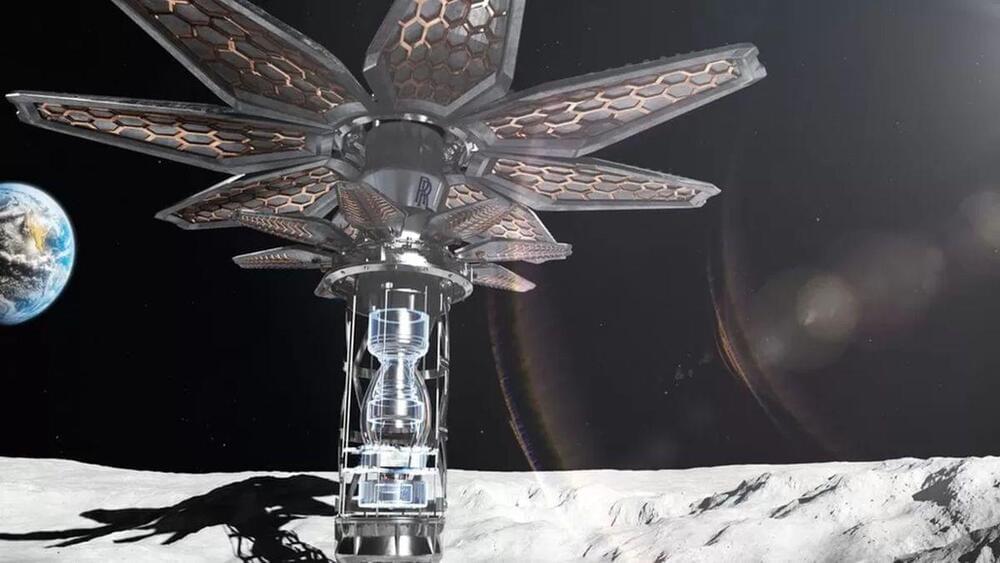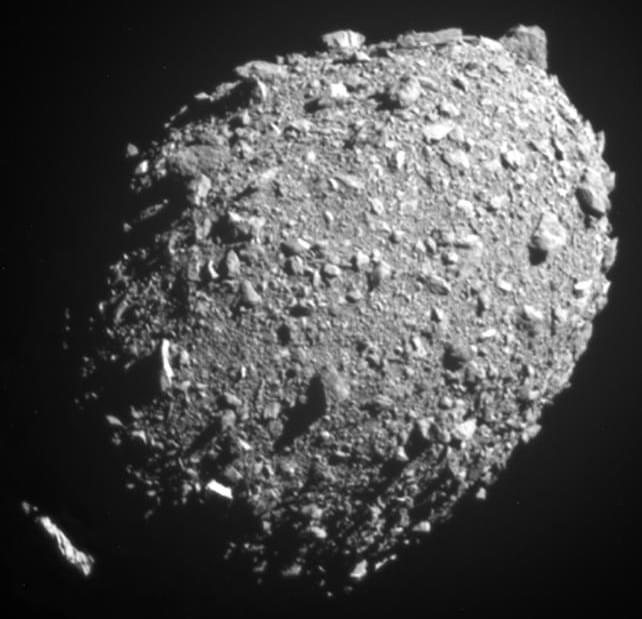
The mission always had uncertainties. “If an asteroid were constructed as a monolithic rock, similar to the rocks we find on the ground, the deflection and calculations would be straightforward,” Peter Veres, an astronomer at the Center for Astrophysics, Harvard & Smithsonian, who was not involved in the study, tells Smithsonian magazine in an email. “Instead, we already knew from ground-based observations and several space missions that asteroids are often rubble piles—loosely aggregated spheres of large and small boulders, dust and sometimes ice, with numerous empty spaces.” Hitting one of these asteroids, Veres says, is almost more like striking a sponge than a rock, and it’s harder to predict the impact’s results.
Swift’s team shared their surprising new research at a meeting of the American Astronomical Society in June and posted a preprint of their paper on the online server Arxiv in August. According to Veres, the team relied on a widely used method and gathered enough data points to conclude that Dimorphos’ orbit is degrading.
As for why this may be happening, scientists only have guesses so far. One idea is that Dimorphos was once tidally locked to Didymos—meaning that, like Earth’s moon, the same side of the satellite always faced its host. But now, after the DART mission, this alignment might have been broken, causing Dimorphos to tumble around as the system’s tidal forces change its orbit. If this is the case, Veres says, Dimorphos will likely settle back into a tidally locked state over time.
